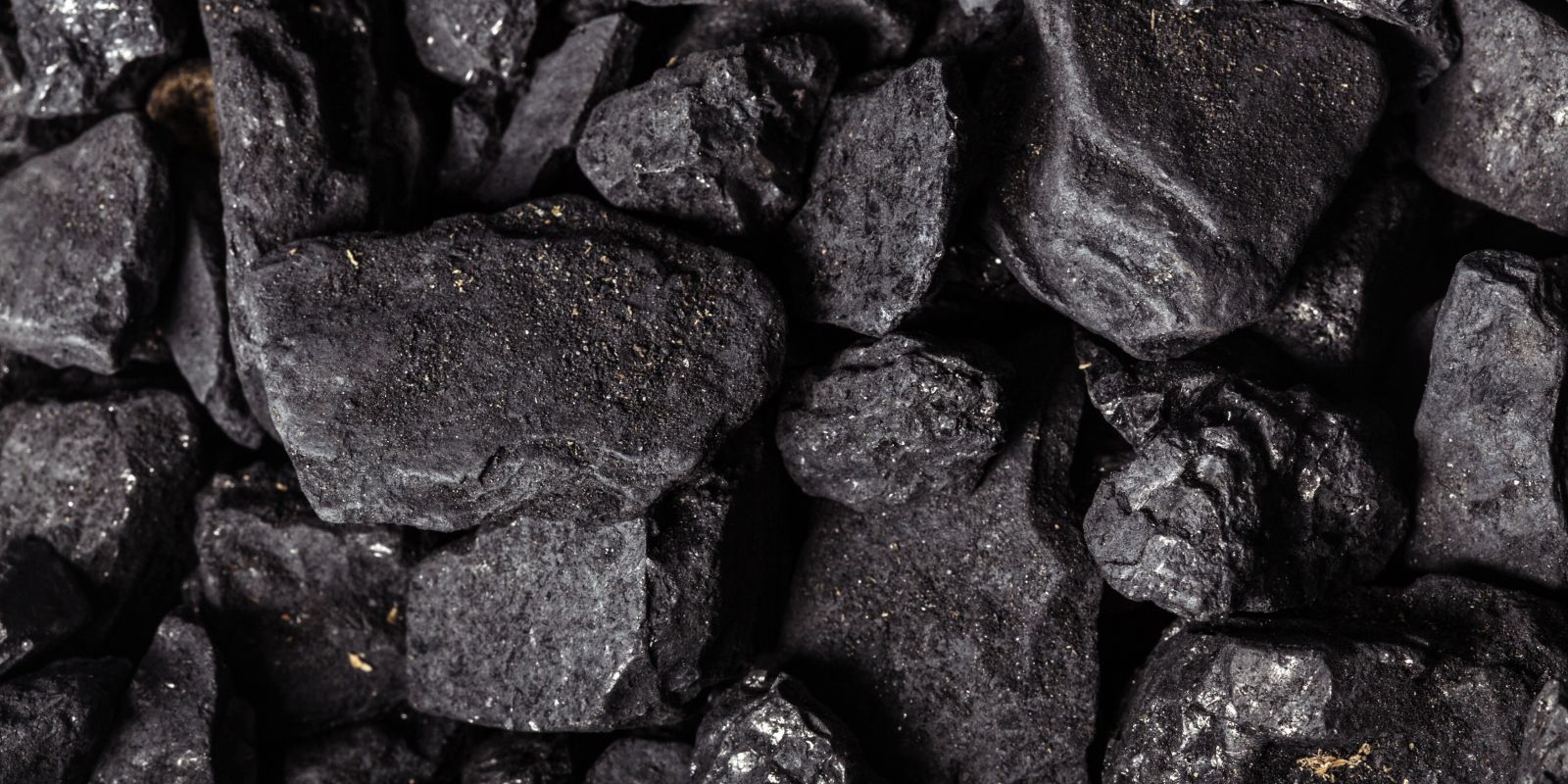Reverse Coal On Display At Climate Safe Event
An engineered natural solution to extract carbon from the atmosphere was on display in October at a farming estate near Doncaster, overlapping the borders of Nottinghamshire, North Lincolnshire and South Yorkshire.
Visitors to The Lapwing Estate were shown the novel ‘Reverse Coal’ project, which has been brought to life by an innovative farmer and a team of academics and engineers, including a team from the Lincoln Institute of Agri-Technology (LIAT) and the School of Engineering and Physical Science at the University of Lincoln.
The day started with presentations from Lapwing Energy, Collison Associates, UK Centre for Ecology & Hydrology and the University of Lincoln who are involved across a vast array of projects exploring the shared vision of rethinking farmed peatlands. This was followed by a tour of the site including workshops looking at biomass feedstocks, biochar, industrial decarbonisation and an opportunity to sequester carbon back into the geological reserve for long-term storage.
Reverse Coal was mentioned as a positive case study in the Government’s Environmental Improvement Plan 2023, the Net Zero Innovation Portfolio Progress Report 2021-22, and Powering Up Britain – The Net Zero Growth Plan. It has been widely highlighted as an example of how peatlands can be more responsibly managed and pave the way for climate-resilient agriculture.
Peatlands are some of the most fertile soils for food production, but agricultural drainage causes large greenhouse gas emissions. Reverse Coal has been developed as a whole systems approach, that tackles landscape emissions while shifting towards controlled environment agriculture for greater food security. This tackles the common criticism of most biomass projects which is the displacement of food production for bioenergy.
The renewable energy comes from biomass grown on rewetted peatland, thereby ending emissions associated with drainage for agriculture. This biomass is then chipped and fed through a thermochemical treatment called pyrolysis to generate energy and biochar. Biochar is a solid, stable form of carbon which will then be stored in an innovative storage facility, demonstrating that CO2 can be permanently captured for geological time.
Professor Simon Pearson, Founding Director of Lincoln Institute for Agri-Food Technology, said:
“The Reverse Coal project showcase was a fantastic opportunity for the University of Lincoln to share its expertise with industry partners and support innovative approaches to sustainable food production systems. One of LIAT’s goals is to create a sustainable future for agri-food production through innovation and research, and the Reverse Coal project is a great example of this. Reducing the impact of agri-food on the climate through projects such as Reverse Coal is at the heart of what we do, and it is very encouraging to see the project being so well received by the wider food industry.”
James Brown, CEO of The Lapwing Estate, said: “This was a great opportunity to showcase Reverse Coal to industry and partners as well as to say a big thank you to those who have supported us and backed this project from the start. This is just the beginning for The Lapwing Estate as we look to deliver a more sustainable food production system that also delivers for our planet.”
This project and event have been supported and funded by Department for Energy Security & Net Zero, Department for Environment, Food & Rural Affairs (DEFRA), Innovate UK, The Industrial Decarbonisation Research and Innovation Centre, The UK Research Institute and the Natural Environment Investment Readiness Fund.



